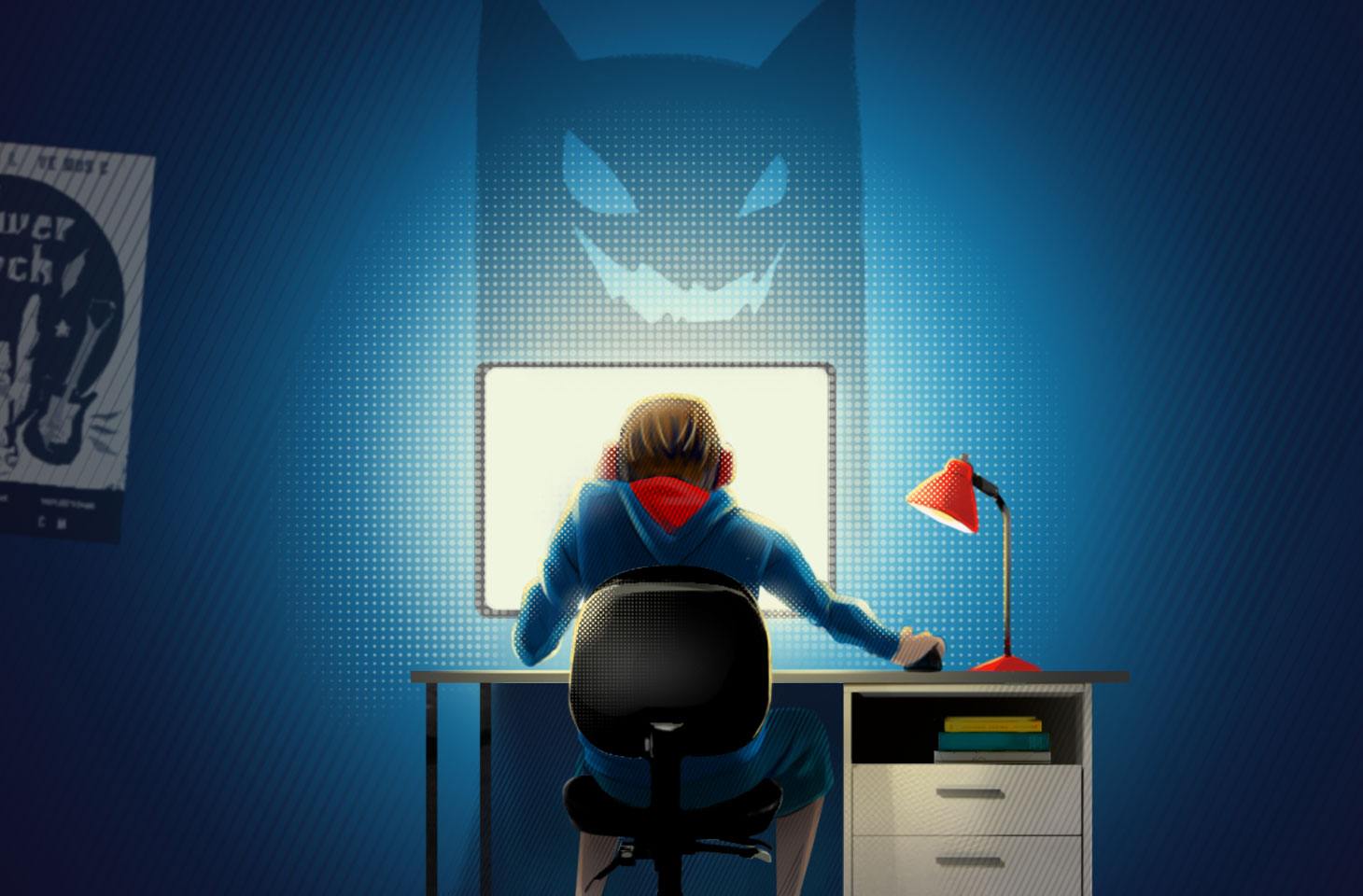
With the increase of time being spent online and the diverse activities being posted on different social media platforms, Kaspersky shared a reminder for parents about the risks of oversharing online.
Latest research from the global cybersecurity company Kaspersky confirmed that social media is the top activity for online users in Southeast Asia (SEA) for the first few months of 2020. Conducted last May among 760 respondents, the fresh study revealed that 80% of parents in the region are spending a lot of time on different social networking apps as the lockdown restrictions force them to work at home and look after their kids, all at the same time.
“We have to understand that the line between parenthood and professional work has been blurred tremendously as our homes now serve as an extension of our offices and our children’s schools. Social media offers a platform for mothers and fathers to take a breather and to find emotional support and advice from their own groups,” comments Stephan Neumeier, Managing Director for Asia Pacific at Kaspersky.
“While these virtual networking platforms can be a useful source of knowledge and assistance for parents who are trying to juggle their tasks, it is essential to remember that ill-minded individuals lurk around here, too. It is necessary to be careful about the information we post on our social media accounts as the biggest danger lies in the fact that information shared on social networking sites and other public sources can be analyzed and used by a whole host of complete strangers, including criminals of all stripes,” he adds.
Everything that the parents or their children publish online can be used against them – whether it’s an angry post on a random topic, an intimate photo or details of their personal live. It is therefore important to remember and to teach children: before you click a “Publish” button, take a minute and think. Think about any adverse consequences that may arise from the post in future. Will this information have a negative effect on your or someone else’s personal life? What will a future employer say if they see it? Is it possible to use this information, for example, to track you or your child in the real world? Who will be able to see this information?
What you or your child should never post online:
Home address or school. Armed with this information, robbers, pedophiles, bullies and other unsavory characters can easily locate you or your child. Children rarely publish their home address on social networking sites, but very often they name the school they attend. It’s important not only to post this information on the main page, but also not to share it through some comments or photos that would clearly tell what school your child attends.
Phone number. With children, a phone number is a direct means of contact that peers can use for bullying and adults for even more sinister things. For criminals this particular piece of information is among the most valuable data they can get. For example since at least 2016 cybercriminals started collecting phone numbers of social network users and used stolen information to re-register for online banking services and gained access to their victims’ accounts.
Your current geolocation (‘Check-in’). Information that a family is away from home is a signal for burglars. It also makes it easier to track someone down. Additionally saying something like “our favorite place” and posting a geotag may endanger you even if you are not in this place at the moment – it shows bad guys that there is a place where you can easily be found.
Intimate/compromising photos and videos. Photos that may seem like a bit of fun to adolescents could get them into trouble if published on the Internet. For example, there are numerous sites that collect erotic pictures of teenage girls that they post themselves and publish them as “hot” content. The directors of colleges and universities and potential employers may take a very dim view of compromising photos (e.g., a drunken night out).
Compromising photos of other people. Do not publish photos of other people that you would not like to see of yourself. Users of all ages should understand this basic rule. If your child understands that it’s unacceptable to post his or her compromising photos from some awesome teenage party why the photos of his or her best friend or some other guy or girl can be approprite?
Baby photos of your teenage child. Parents very often post information on the Web about their child that the child can find unacceptable. It is important to remember that pictures of your child that seem very sweet to you could result in bullying in the future.The principle is the same as with previous advice: you can post nice baby photos if you as a teenager would feel ok to see it.
Photos of expensive gifts. This is a demonstration of wealth or luxury to strangers. Together with your home address and current geolocation it is a gold mine for thieves searching for victims on the Internet.
Information about your personal life. Personal information can always be used against you. For example, it can be used to guess the password for an online account, to devise a scam that you are more likely to fall for, or to get acquainted with your child and gain their confidence. Publishing complaints or very personal information about your loved ones is particularly harmful as it may damage your relationship.
Critical statements on sensitive topics. Of course, both you and your children are allowed to have your own opinions. However, when it comes to contentious issues such as religion, politics, sexual orientation, etc., it is better not to share your opinions on the Internet. This may cause a conflict that can shift from the virtual to the real world, or spoil your reputation in the eyes of a potential educational institution or an employer.
What should you do?
- Tell your children what must not, under any circumstances, be published on the Internet and why. Explain that posting on a social networking site is like speaking in public – you shouldn’t write anything on the Internet that would be considered dangerous or unethical to ‘shout’ about in the street or in a classroom.
- Explain that all the sensitive information can be shared only via messengers and only with people you know in real life.
- Register on the same social networking sites as your children and add them as friends so you can see their posts and quickly prevent any excessive openness.
- If your child is still small – remember that his or her first social networking account must be created together with parents. In this case you’ll be able to explain all the rules and to setup all the security measures having full harmony and understanding of your child.
- Make use of parental control apps such as Kaspersky Safe Kids, which protects your children from inappropriate content and informs you about changes to their social network profiles and friend lists as well as any potentially dangerous posts.
For parents aiming to secure their children better, a three-month free Safe Kids subscription also available online on Kaspersky’s shop on Lazada and Shopee.
Kaspersky is also offering a three-month free trial of Kaspersky Total Security, available through this link.











